Ultimate Guide: Prevent Artificial Plants from Fading Outdoors (2025 Edition)
For retailers, hotels, and event planners, understanding how to prevent artificial plants from fading outdoors is essential for keeping displays vibrant, cutting costs, and satisfying clients. Outdoor installations can elevate a brand, but without UV-rated solutions, plants fade, crack, and degrade rapidly. This 2025 guide provides tested strategies to protect artificial greenery, extend its life, and help B2B buyers achieve better ROI across all climates.
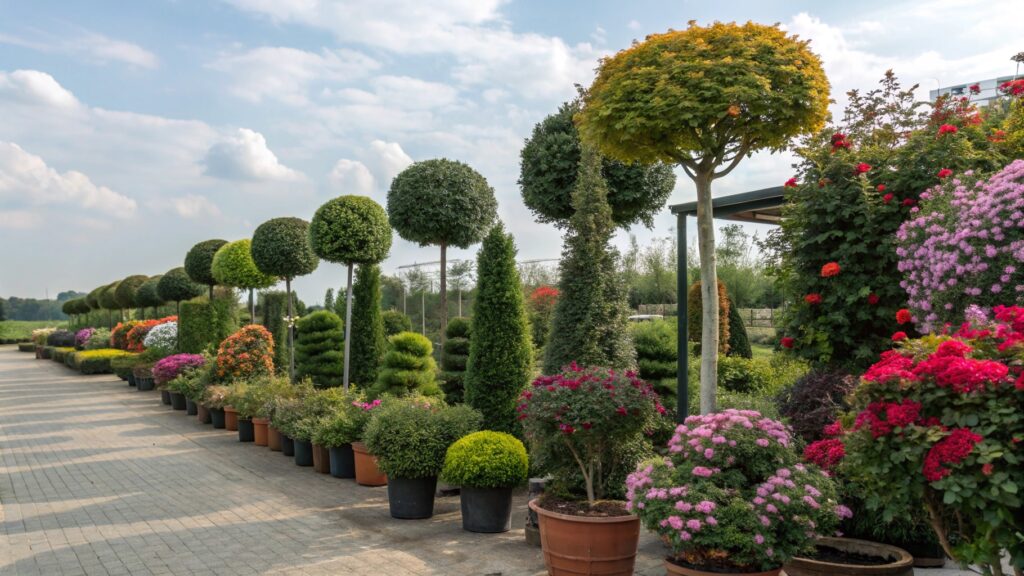
Ideal for retail storefronts, hotels, and event venues where UV exposure is constant and décor must endure.
At Botanic Blossoms, we help businesses in the U.S., Europe, and the Middle East reduce décor expenses by up to 50% by teaching them how to prevent artificial plants from fading outdoors. By sourcing certified UV-protected products and following maintenance programs, our partners maintain colorful, appealing spaces that boost foot traffic and sales.
Why Sunlight Damages Décor (and How to Prevent Artificial Plants from Fading Outdoors)
Direct UV radiation is the primary cause of fading and structural breakdown in artificial plants. Overexposure destroys pigments, weakens fibers, and makes plastics brittle, particularly in hot zones like Dubai, Arizona, and Western Australia. Untreated greenery can lose 50% of its vibrancy within six months, inflating replacement budgets. To prevent artificial plants from fading outdoors, businesses must combine UV-stabilized materials with regular care.
A 2024 Grand View Research study showed outdoor artificial décor sales rose 24%, but 37% of retailers reported fading as their most costly issue. Companies using UV-rated products with scheduled sprays cut upkeep nearly in half, proving that knowing how to prevent artificial plants from fading outdoors protects margins.
The market is projected to grow another 18% through 2026, especially among hotels and malls adopting low-maintenance décor. B2B buyers who master how to prevent artificial plants from fading outdoors will gain a competitive edge while reducing operational costs tied to replacements.
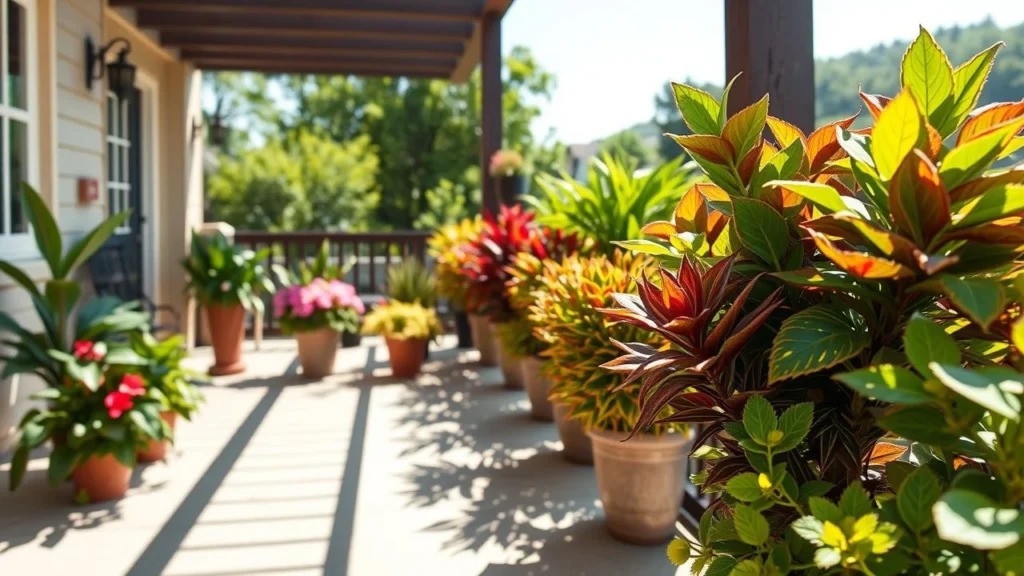
Essential for open-air malls, outdoor restaurants, and wedding venues that need lasting visual appeal.
Choosing UV-Stabilized Materials to Prevent Fading Outdoors
The first step to prevent artificial plants from fading outdoors is sourcing UV-stabilized materials. Premium products use polyester blends with embedded UV inhibitors or polyblend plastics treated at the core. Unlike surface-only coatings, these materials resist fading for up to 30 months, even in areas with year-round sunlight.
For example, a Marbella resort equipped its pool areas with Botanic Blossoms’ UV-certified palms and ferns. After 20 months of continuous sun, the plants kept over 90% of their original color, saving the resort more than €35,000 annually. Buyers in Florida, southern Europe, and the Gulf now require ISO-certified UV stabilization in supplier agreements to prevent artificial plants from fading outdoors.
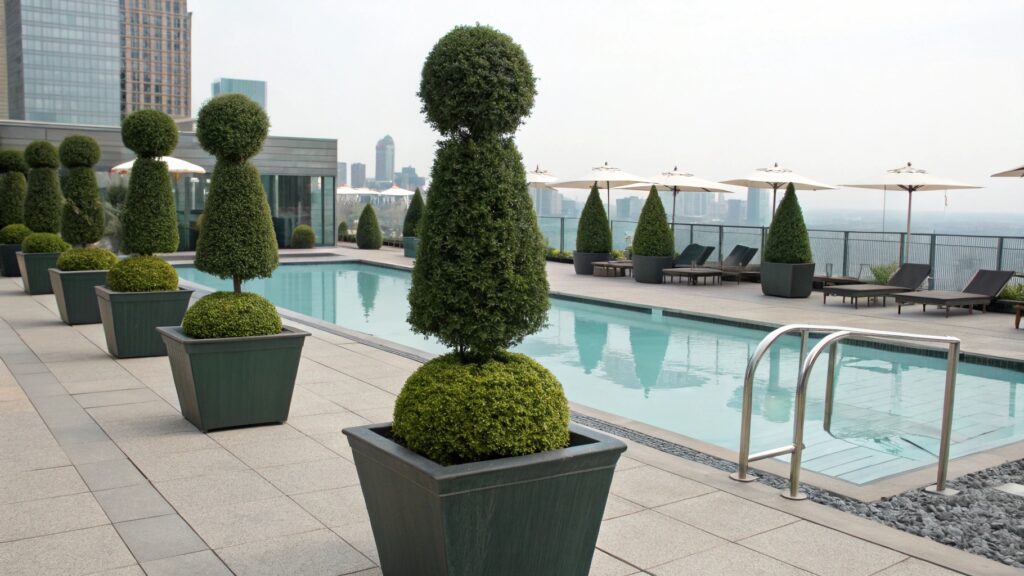
Recommended for beach resorts, shopping promenades, and public plazas exposed to direct sun.
Always request documentation of fade testing, ideally 2,500–3,000 simulated sunlight hours. Reject items with only thin sprayed layers, as they fail quickly and won’t truly prevent artificial plants from fading outdoors over multiple seasons.
Using Coatings and Sprays to Prevent Artificial Plants from Fading Outdoors
Even UV-rated greenery benefits from protective coatings. Silicone-based sprays create an invisible barrier that slows pigment breakdown and cracking. Large B2B buyers managing multiple locations can prevent artificial plants from fading outdoors for years by applying coatings every 6–8 weeks, or monthly in extreme climates.
A U.K. retail group extended its ivy wall life from 12 to 30 months by combining UV-treated plants with bi-monthly coatings, saving £25,000 annually. This layered strategy is one of the most reliable ways to prevent artificial plants from fading outdoors while maintaining visual standards across chains and event portfolios.
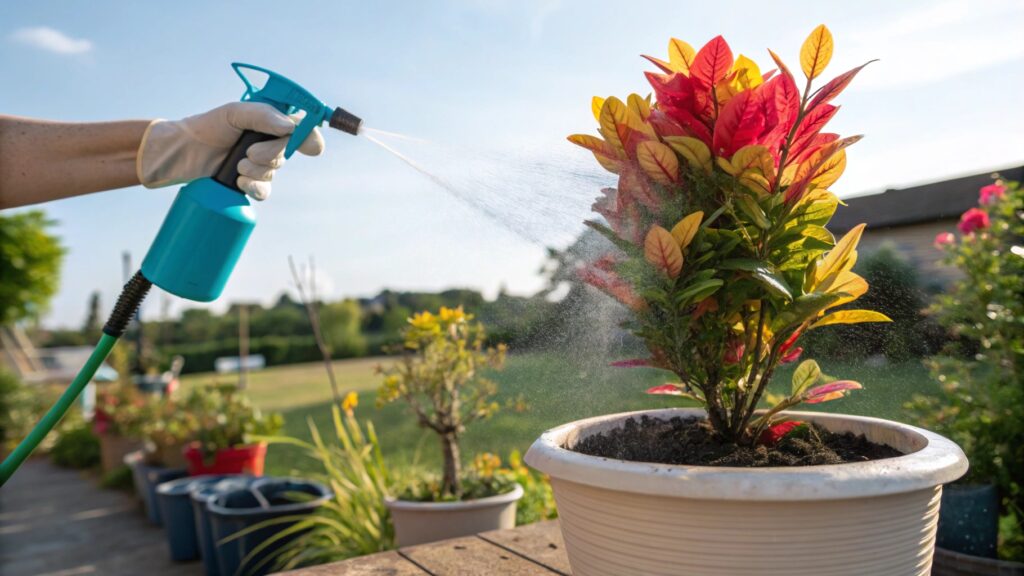
Ideal for corporate campuses, malls, and resorts where plants must remain bright for guest impressions.
Always clean plants before spraying to maximize adhesion. Track applications in a schedule, ensuring each site maintains its plan. Many B2B buyers now outsource coating tasks to service providers, guaranteeing displays that consistently prevent artificial plants from fading outdoors even during peak summer exposure.
Case Study: Outdoor Retail Displays That Stay Vibrant
In 2024, a Dubai luxury mall needed 500 UV-tested olive trees for courtyards under 45°C summer heat. Untreated plants would have failed within weeks. Botanic Blossoms supplied UV-infused, dual-coated trees and trained staff to apply sprays quarterly, ensuring they prevent artificial plants from fading outdoors all year.
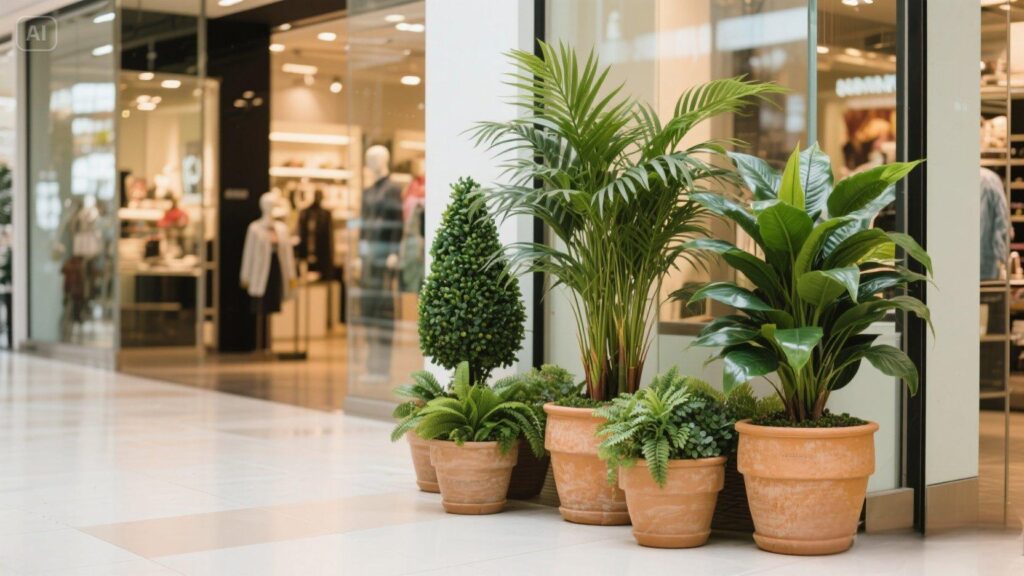
Tailored for malls, high-end retailers, and hotels wanting dependable greenery in harsh UV climates.
After a full year, the displays remained lush, boosting mall foot traffic by 25% and increasing tenant sales by 15%. Replacement costs dropped by 60%, showing that proper sourcing and care to prevent artificial plants from fading outdoors turns décor into a profit-generating asset.
Maintenance Plans to Consistently Prevent Artificial Plants from Fading Outdoors
Even premium materials demand structured upkeep. Dirt, pollution, rain, and heat can still accelerate wear. Businesses that embrace a maintenance plan reliably prevent artificial plants from fading outdoors and extend their life by up to two years compared to neglectful approaches.
For consistent results, follow these steps to prevent artificial plants from fading outdoors:
- Monthly Cleaning: Wash with mild soap to remove buildup that intensifies UV exposure.
- Shaded Placement: Install beneath pergolas or awnings when possible to cut direct sunlight.
- Quarterly Rotation: Move plants between shaded and sunny spots to balance fading.
- Scheduled Coatings: Spray UV protectant every 6–8 weeks, or monthly in UV index 7+ locations.
- Annual Audits: Engage trusted vendors like Botanic Blossoms to review, repair, or replace as needed.
Hotels, retailers, and event planners using these steps see décor budgets shrink by 40–60% across two years, proving that mastering how to prevent artificial plants from fading outdoors is a long-term profit strategy.
ROI and Market Impact of Preventing Outdoor Fading
Understanding how to prevent artificial plants from fading outdoors boosts aesthetics and revenue. Untreated plants require annual replacement, while UV-protected, maintained décor lasts up to 30 months. A chain managing 1,000 units can save $50,000+ yearly by implementing these practices while enhancing guest impressions.
Beyond cost savings, fresh displays attract attention. A Statista report revealed that 41% of consumers prefer visiting venues with vibrant, photo-friendly outdoor décor. By investing in methods to prevent artificial plants from fading outdoors, B2B buyers not only cut expenses but also increase customer engagement and brand visibility.
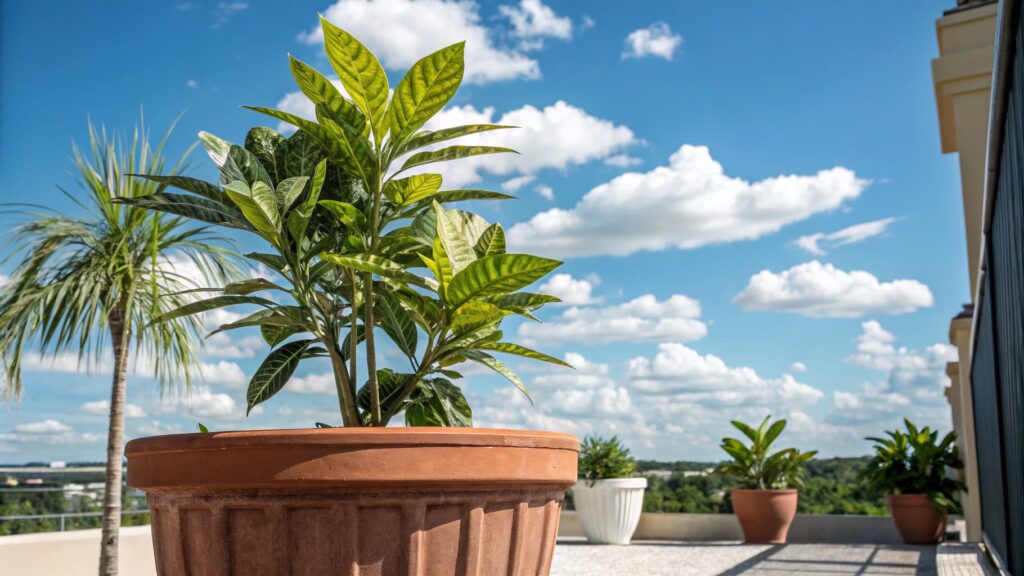
Best for B2B buyers who need both cost efficiency and customer-attracting outdoor installations.
Climate-Specific Tactics to Prevent Artificial Plants from Fading Outdoors
Regional conditions shape the strategy to prevent artificial plants from fading outdoors. Arid climates like Arizona, Dubai, and Perth demand dual-layer UV coatings and monthly sprays. Coastal markets such as California and Spain require anti-corrosion sealants alongside UV protection to combat salt and humidity. In temperate European cities, bi-monthly sprays and shaded placements usually suffice for displays to remain bright for years.
Partnering with experienced suppliers ensures every project applies the right materials, coatings, and schedules, allowing B2B buyers to reliably prevent artificial plants from fading outdoors while protecting investments and maximizing returns.
Explore related Botanic Blossoms resources for further tips:
Silk Flower Centerpieces for Weddings: Trend Guide 2025,
Is It OK to Have Artificial Flowers at Home?, and
Realistic Artificial Flowers Wholesale.
